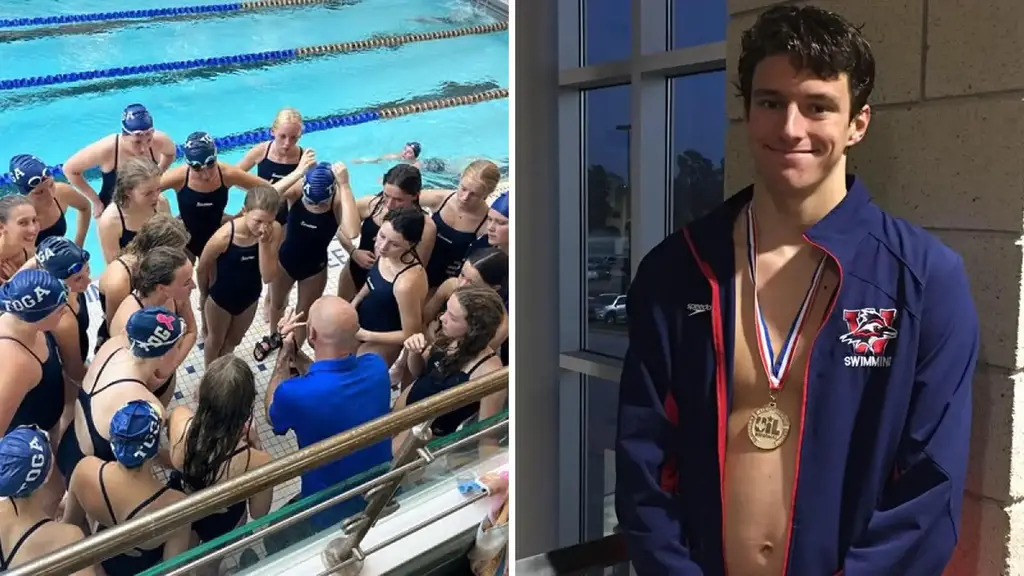
In a move that has reignited the complex debate around gender and sports, a girls’ high school swimming team made a bold statement: they refused to compete against a biological male swimmer. Their reason? “It’s not fair.” This decision has sent waves through the sporting community, prompting discussions about fairness, inclusivity, and the future of competitive sports.
The issue at the heart of this controversy is not new. For years, the participation of transgender athletes in sports has been a subject of intense debate. Advocates for transgender rights argue for inclusivity and the right for athletes to compete in categories that align with their gender identity. On the other hand, critics express concerns about fairness, particularly in women’s sports, citing physical advantages potentially held by athletes who have gone through male puberty.
The girls’ team’s decision to opt out of the competition raises critical questions about what constitutes fair play. Is it fair to force young women to compete against someone who may have inherent physiological advantages? Or is it fairer to ensure that all athletes, regardless of their gender identity, have a place in competitive sports?
Biological differences between males and females, especially those that affect athletic performance, are well-documented. These include, but are not limited to, factors like muscle mass, bone density, and testosterone levels. Critics argue that these differences can give transgender women who transitioned after puberty an unfair advantage in sports, particularly in strength and endurance-based events.
On the flip side, the principle of inclusivity is a cornerstone of modern sport. Excluding transgender athletes from competing in categories that align with their gender identity can be seen as discriminatory and harmful. It’s a delicate balance between ensuring fair competition and respecting the rights and identities of all athletes.
The International Olympic Committee (IOC) and various sports governing bodies have attempted to address this by setting guidelines. These often include hormone therapy requirements for transgender athletes. However, the effectiveness and fairness of these guidelines are subjects of ongoing debate.
The decision by the girls’ swimming team puts a spotlight on how these debates affect young athletes. High school sports are a crucial part of youth development, offering lessons in teamwork, discipline, and self-esteem. When issues of fairness and inclusivity collide in this arena, it puts young athletes at the center of a complex, adult debate.





